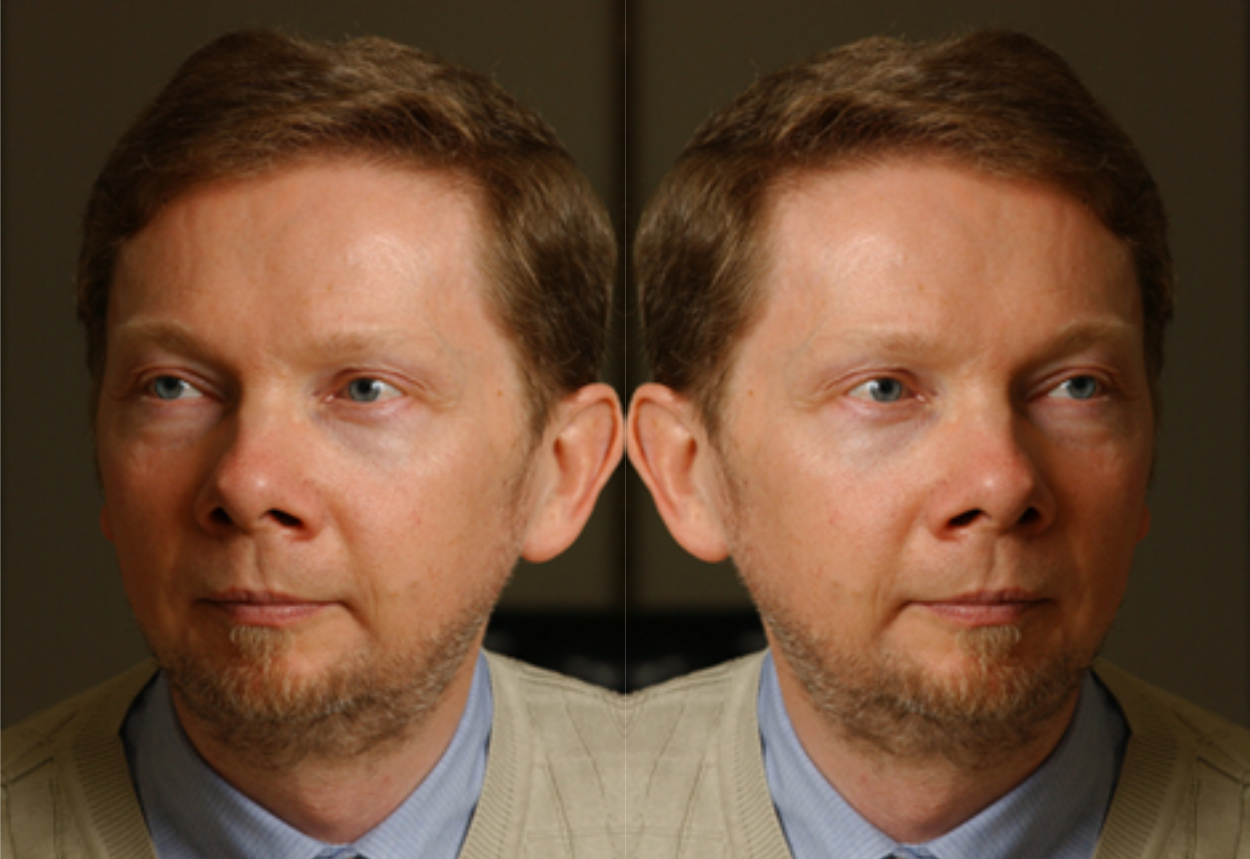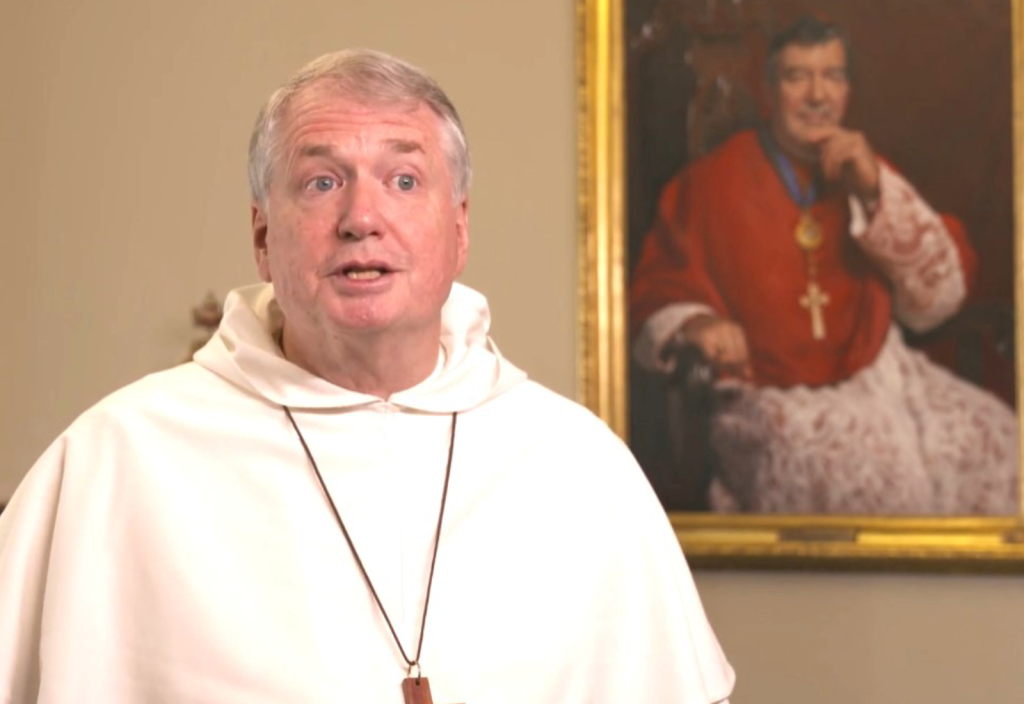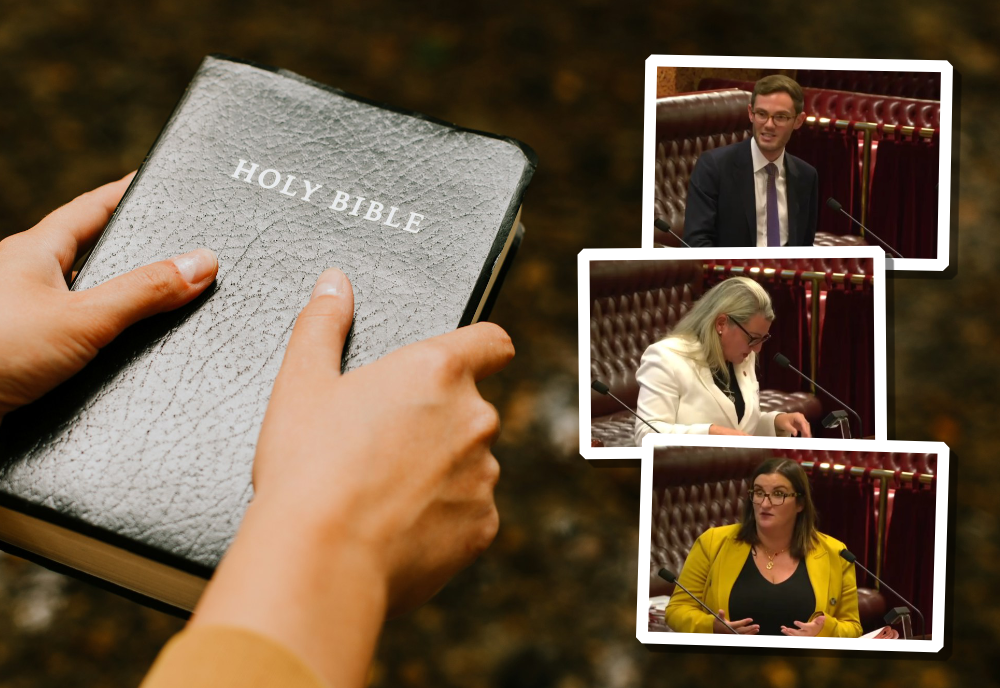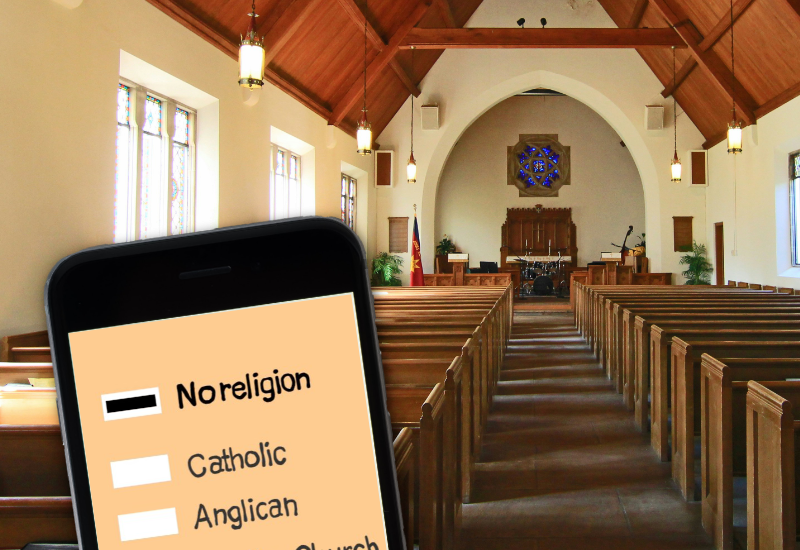The philosophical/spiritual writer Eckhart Tolle has had success beyond most writers’ wildest dreams. His first book, The Power of Now, made the New York Times best-seller list and was published in 30 languages. A subsequent book, A New Earth, was published in 44 languages, while an in-depth webinar with Oprah Winfrey has been viewed more than 35 million times. Writers in this field know that they can expect criticism. Thus, they are careful and cautious in what they write. Not Tolle. Tolle makes bold assertions. For example, in A New Earth he writes: "What is the mind of God? Consciousness. What does it mean to know the mind of God? To be aware. What are the details?” Your outer purpose is, he writes elsewhere, "to bring the light of consciousness into this world and so use whatever you do as a vehicle for consciousness.” Being forthright has helped him. What he offers is a powerful statement of Zen Buddhism. One of his foremost concerns is to abolish the ‘egoic’ view of the self – a demolition which extends over many pages in A New Earth. The ‘egoic’ self is not the same as the egotistical self. The ‘egoic’ self is a mistaken apprehension of what the true self actually is, but it is the version of the self which we all assume to be true. The demolition of the everyday sense of self is what most of the book is about. Tolle asserts, without any evidence, that this naturally assumed view identifies the self with the thought stream, or the voice inside the head. "One can go so ...
Blog
Tags:
Related Posts
07
Feb
Being child-free is not selfish
Editor’s note: If you would like to submit a letter for possible publication, please email it to editor@rationalist.com.au. See our ...
09
Jan
Taking issue with the Catholic archbishop’s heartless, offensive ‘kill teams’ comments
Editor’s note: If you would like to submit a letter for possible publication, please email it to editor@rationalist.com.au. See our ...
02
Dec
What motivated the ‘cruel’ assisted dying bill?
Editor’s note: If you would like to submit a letter for possible publication, please email it to editor@rationalist.com.au. See our ...
02
Nov
Leftism, a ‘mental illness’? Oh, Right!
Editor’s note: If you would like to submit a letter for possible publication, please email it to editor@rationalist.com.au. See our ...
07
Oct
A bridge to peace
Editor’s note: If you would like to submit a letter for possible publication, please email it to editor@rationalist.com.au. See our ...
25
Aug
Criticising Israel is not ‘antisemitic’
Editor’s note: If you would like to submit a letter for possible publication, please email it to editor@rationalist.com.au. See our ...
24
Jul
End the government funding of faith workers
Editor’s note: If you would like to submit a letter for possible publication, please email it to editor@rationalist.com.au. See our ...
10
Jun
‘Heritage’ is no argument against change on parliamentary prayers
Editor’s note: If you would like to submit a letter for possible publication, please email it to editor@rationalist.com.au. See our ...
12
May
Will the Coalition ever learn to stop imposing religion on the public?
Editor’s note: If you would like to submit a letter for possible publication, please email it to editor@rationalist.com.au. See our ...
31
Mar
Support for scripture program highlights bias of politicians
Editor’s note: If you would like to submit a letter for possible publication, please email it to editor@rationalist.com.au. See our ...
28
Feb
Census decision undermines credibility of ABS
Editor’s note: If you would like to submit a letter for possible publication, please email it to editor@rationalist.com.au. See our ...
05
Jan
The trouble with ‘Islamophobia’
Editor’s note: If you would like to submit a letter for possible publication, please email it to editor@rationalist.com.au. See our ...













